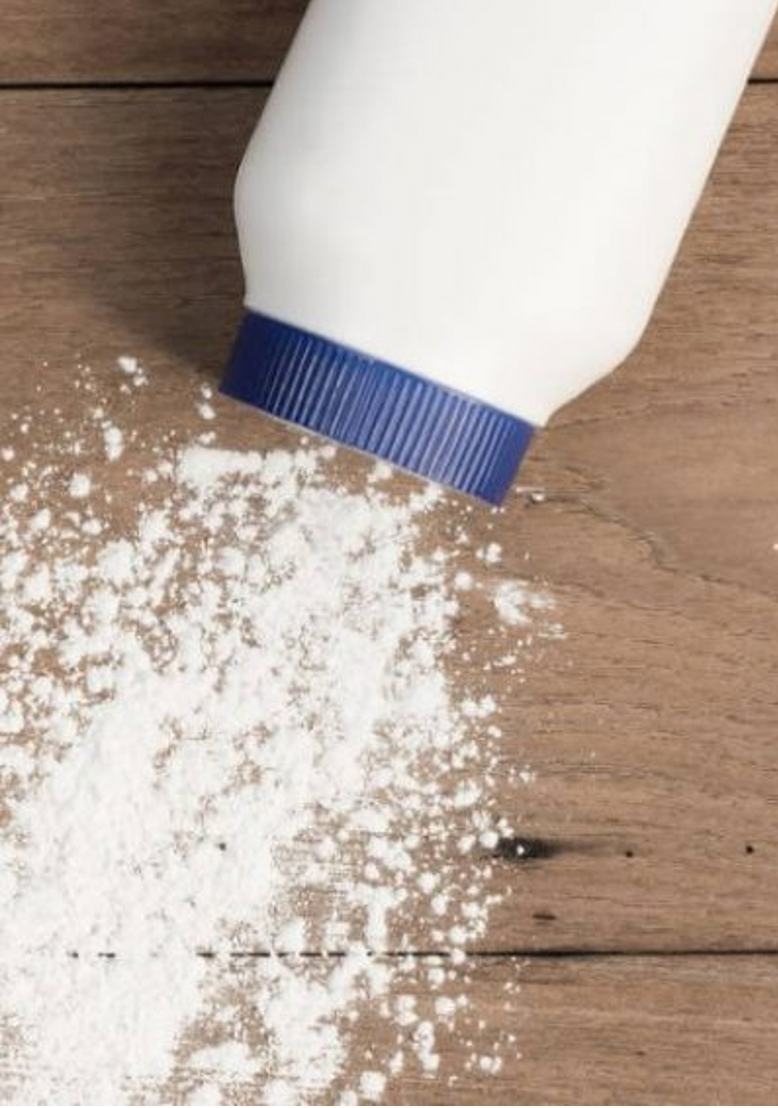
Talcum powder is a common product in many homes. People use it to stay dry, feel fresh, or reduce chafing. But over the years, many people have started to worry about what this powder might do to their health.
Talcum powder is made from a soft mineral called talc, which is made up of magnesium, silicon, and oxygen. It has long been used in baby powder, adult body powders, and makeup. However, researchers and doctors have raised concerns. Some say that using talcum powder often may lead to serious health problems.
Many people have even filed lawsuits because of these health risks. If you believe you’ve been affected, a talcum powder lawyer from Lawsuits.com might help you understand your rights and what steps to take.
Let’s take a closer look at the side effects allegedly linked to talcum powder use.
One of the biggest concerns is ovarian cancer. Some studies have found a possible link between using talcum powder in the genital area and the risk of ovarian cancer.
In some lawsuits, users said they used talcum powder daily for years and later developed this type of cancer.
While not all experts agree on the link between talc and ovarian cancer, this has become one of the most talked-about risks.
Talcum powder can cause trouble when it gets into the air and is breathed in. This is a bigger risk for babies and young children. When someone breathes in talc dust, it may lead to coughing, wheezing, or even serious lung problems.
The American Academy of Paediatrics has warned against using talc-based powders on babies. In some cases, babies developed breathing problems so serious that they needed medical care.
Some talcum powders may be contaminated with asbestos, a harmful substance known to cause cancer. While many companies now say their products are asbestos-free, earlier products may not be.
The International Agency for Research on Cancer (IARC) says that talc with asbestos is “carcinogenic to humans.” This means it can cause cancer, especially in the lungs, if someone breathes in the powder often over time.
Some people may get a rash or allergic reaction after using talcum powder. These reactions can include red skin, itching, or swelling. People with sensitive skin may notice these issues more often.
While not as serious as cancer or lung problems, skin irritation can still be painful and uncomfortable. It’s one of the more common side effects, especially if the powder is heavily scented or used often.
The U.S. Food and Drug Administration (FDA) has tested talc products for asbestos. In some tests, asbestos was found in certain talc-based powders.
The World Health Organisation (WHO) and other health groups have also shared warnings. While more research is needed, many experts believe people should be careful when using talcum powder, especially near the genitals or around babies.
Talcum powder may seem harmless, but many people and health experts believe it might cause serious problems. Understanding these concerns, from lung issues to possible cancer risks, is important. While science is still growing, staying informed and using products wisely is better.